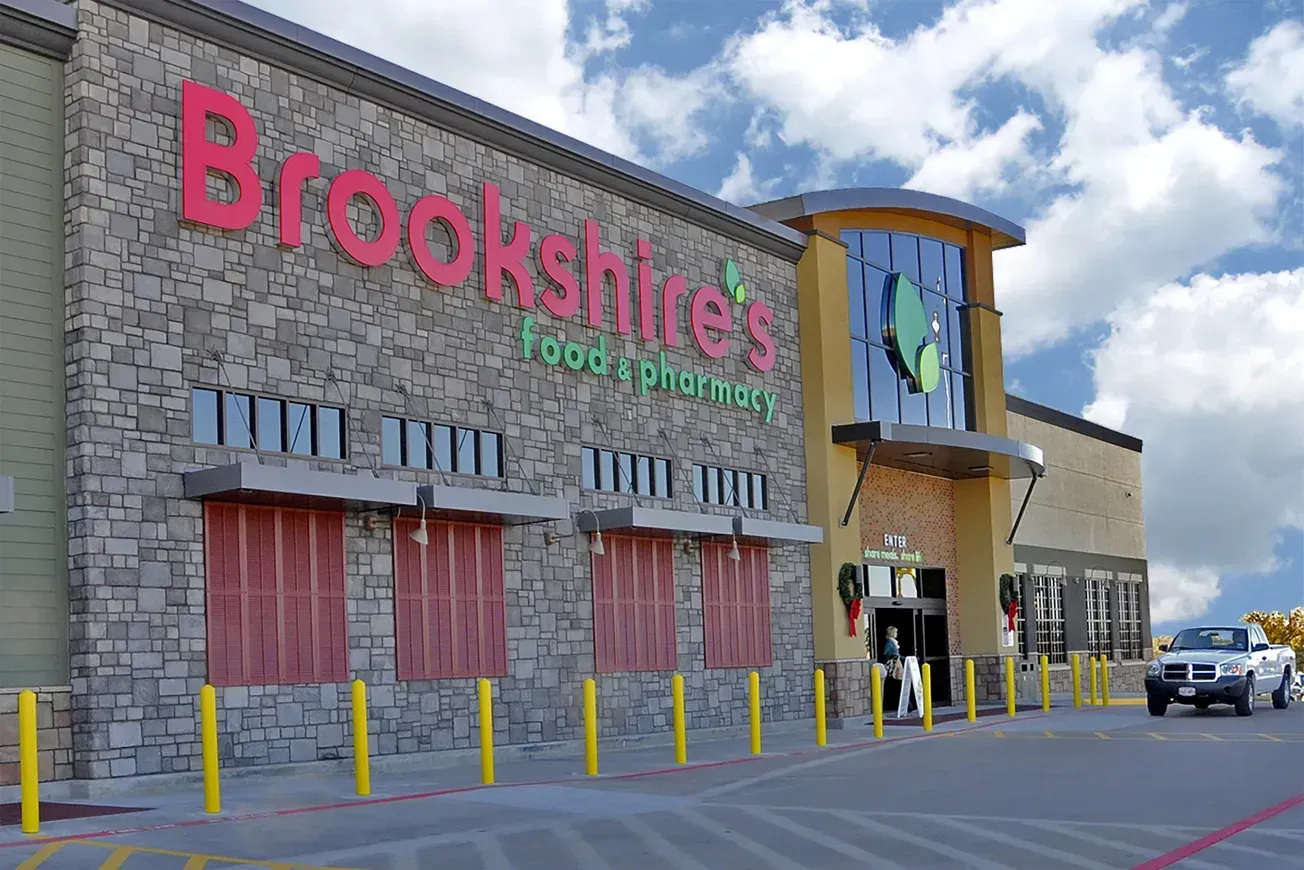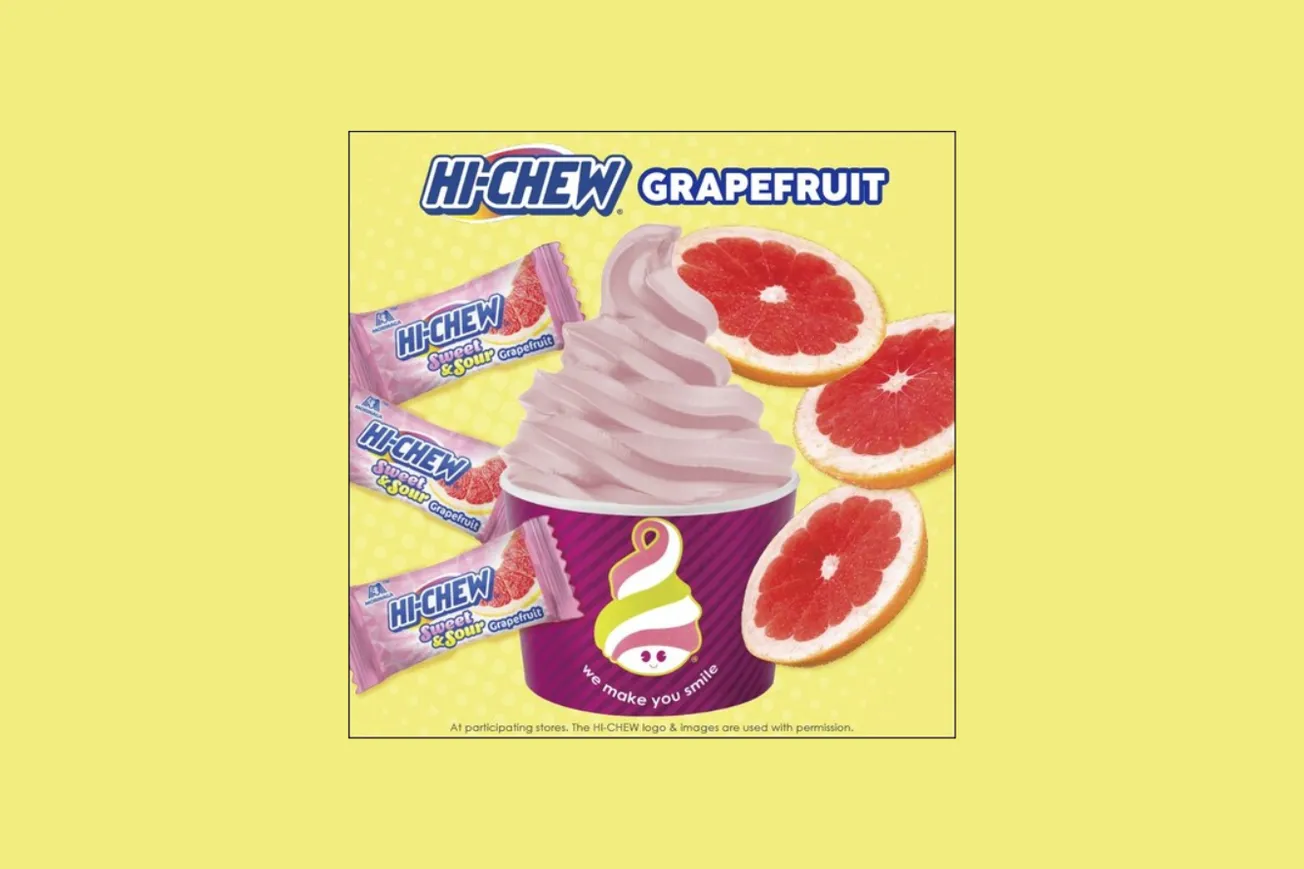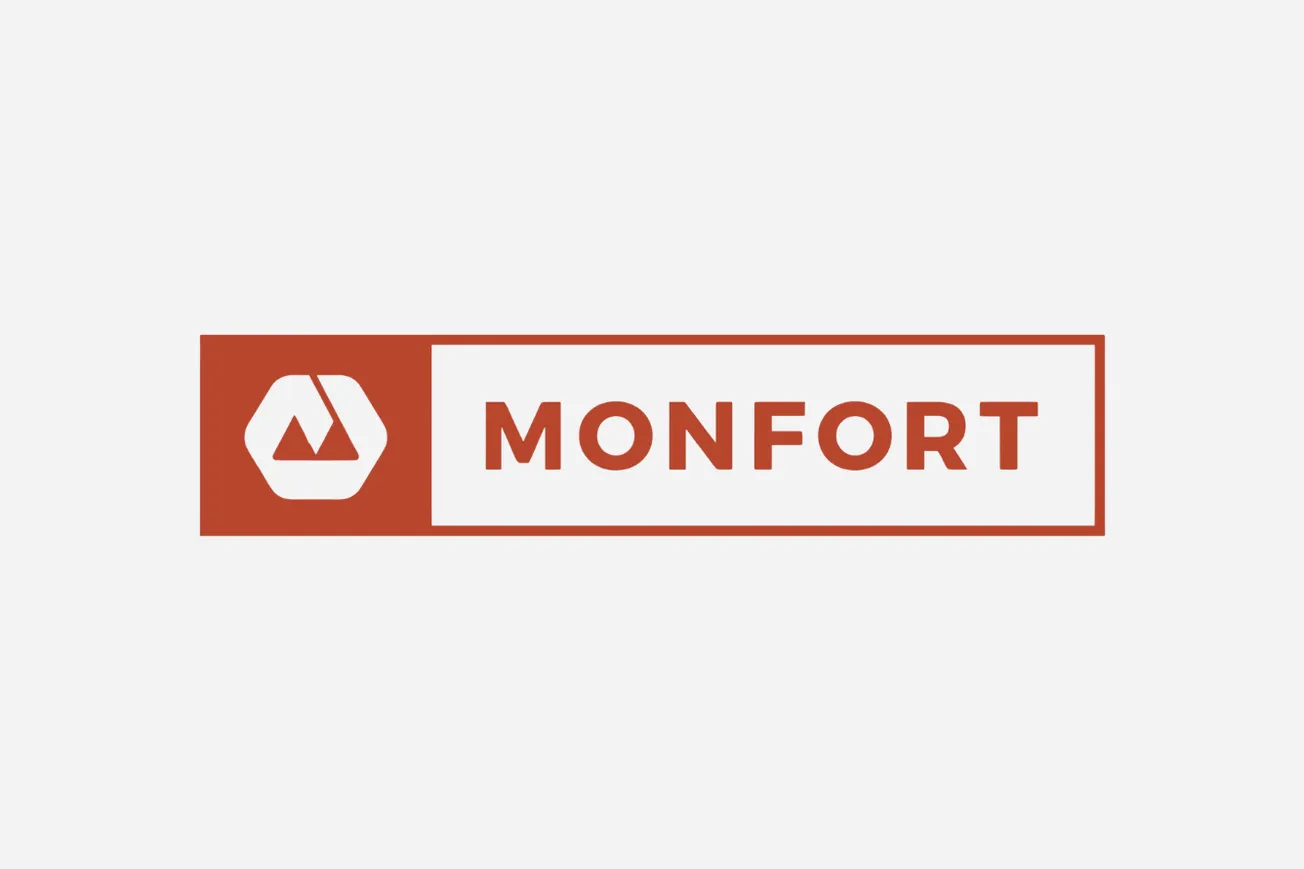Boiron, one of the world’s leading marketers of homeopathic medicines, invited several American retailer and supplier executives to Lyon, France, in mid-July to participate in a cram course on homeopathic products, their role in the treatment and prevention of everyday illnesses and, not incidentally, Boiron’s position as a major marketer of homeopathic medicines to countries around the globe.
Boiron, one of the world’s leading marketers of homeopathic medicines, invited several American retailer and supplier executives to Lyon, France, in mid-July to participate in a cram course on homeopathic products, their role in the treatment and prevention of everyday illnesses and, not incidentally, Boiron’s position as a major marketer of homeopathic medicines to countries around the globe.
Unhappily for Boiron, the United States is not yet among those countries, though such nations as France (Boiron’s home), Russia and many other countries in Europe, South America and elsewhere have clearly embraced Boiron’s homeopathic medicines as effective and safe alternatives to traditional over-the-counter products.
In a far-ranging discussion of the opportunities, challenges and inevitable disappointments facing Boiron as it strives to gain a significant foothold in the United States, where such retailers as Walgreens, Walmart and CVS have already embraced its products, U.S. retailers were scrutinized, analyzed and criticized, not least for the cautious approach they have adopted to the evaluation and sanction of new products and the resultant barriers this attitude has placed on suppliers, even such innovative companies as Boiron, as they struggle to gain traction in America.
In truth, many of the arguments put forth by the conference’s attendees, several of whom have spent years working in the U.S. retailing community, were difficult to dispute. Foremost among them: Where have all the merchants gone?
Those executives attending the Boiron meeting clearly recalled the days when mass retailing was peopled by a group of senior merchants whose primary objective was building sales by finding creative and innovative ways to sell new products. Today, that lofty goal has been replaced by a defensive posture that has largely replaced the drive for sales with an emphasis on new products as an opportunity to make money — regardless of whether or not the product moves off the shelf.
This shift in emphasis and attitude reflects a deeper change at mass retail: The disappearance, or at least reduction, of creativity and risk-taking among merchants today who, as a group, have replaced an aggressive search for new items and ideas with a defensive approach that challenges suppliers to assume all the risks of new-product launches while virtually guaranteeing that the retailers will not suffer the consequences of failure.
The Americans among the attendees also faulted U.S. retailing for a lack of aggressiveness in forming and building relationships with the supplier community, again contrasting today’s skepticism with the solid partnerships that were prevalent a generation ago, one characterized by a shared desire to build sales. To quote one prominent retailer who was present: "Building the business has become less important for retailers than avoiding or sharing risk. As a result, much of the excitement has gone out of the buying function, which is sad because all good retailers know that new products drive sales."
None of this was stated in an acrimonious way. Indeed, even the Boiron representatives described their challenges in conquering the U.S. markets as nothing more or less than the price of doing business. And in truth, where retailers in the United States have given them a chance, several Boiron brands have become strong sellers. Still, contrasted with companies in other countries, U.S. retailers did not come off particularly well as a group, though several were lauded for maintaining a forward-looking approach to business-building.
Several other practices recently adopted by American retailers were analyzed as well, most notably those that raised the price of entry for new suppliers and new products. What made these comments particularly relevant was not that many of them were accurate, which they are, but that they were uttered without rancor — and without malice. This, said several participants, is simply the way things are today, the way things have become. The market has dictated the change. The retailers have merely gone along.
One couldn’t help but contrast this approach to business with the one, outlined by the Boiron representatives, that retailers outside the United States continue to take, one that encourages a partnership approach to building the business, assumes that risk taking is a vital and necessary part of the business, where placing blame is less critical than working together to overcome barriers.
The hope here is that Boiron succeeds in the United States, because the company apparently markets safe and effective products and supports them with a serious commitment to the U.S. retailing community. The more pressing hope is that America’s mass retailing community doesn’t lose sight of the basic business principles that have led it to the pinnacle of global retailing. One of those tenets is a willingness and ability to work effectively with suppliers to build the business.





